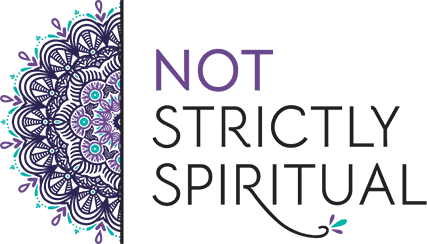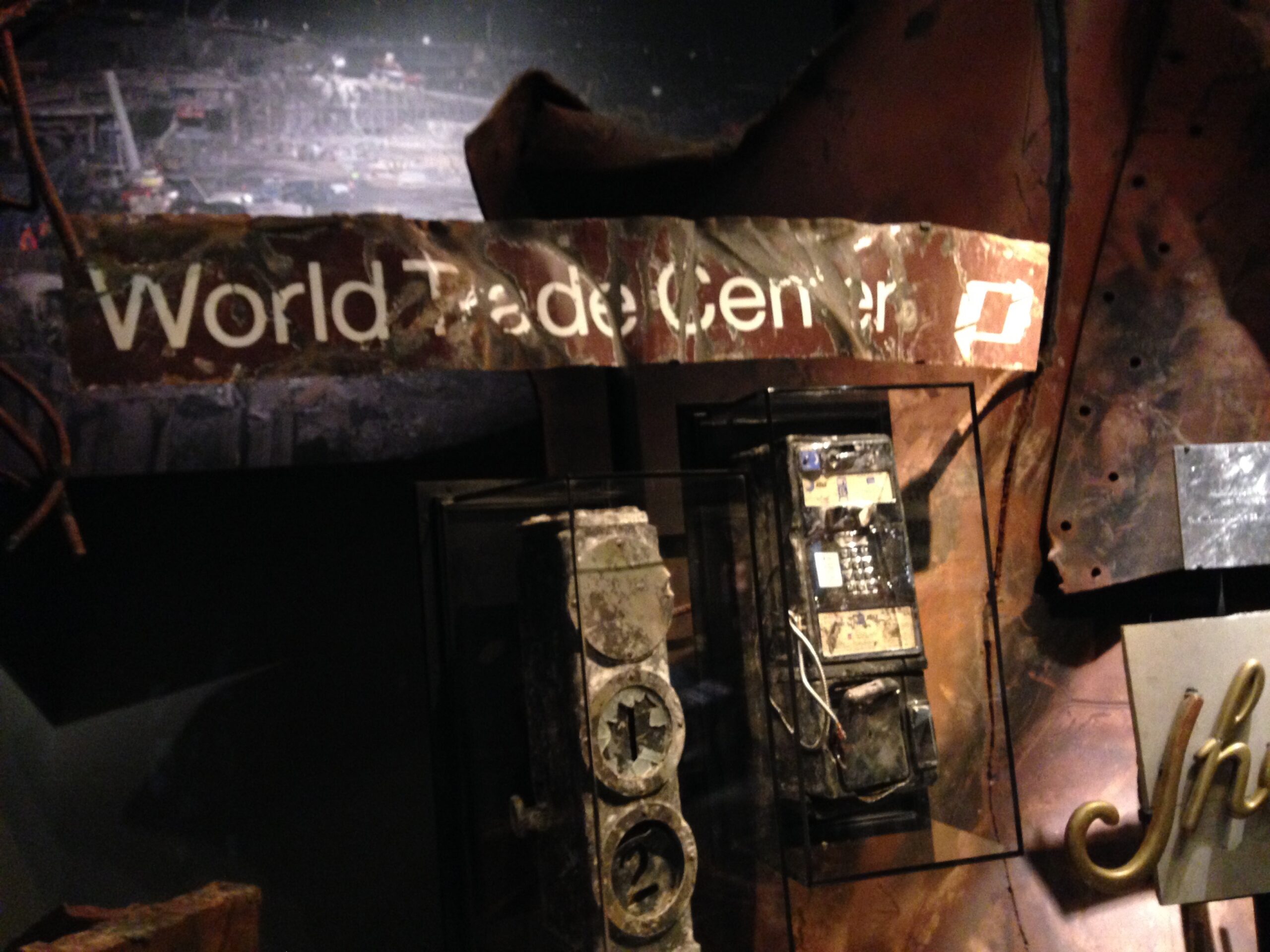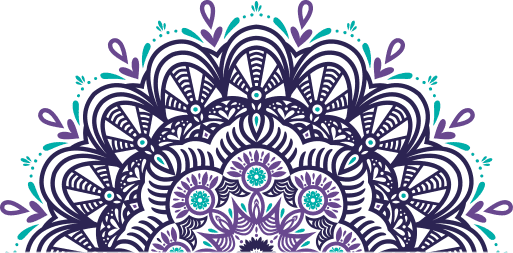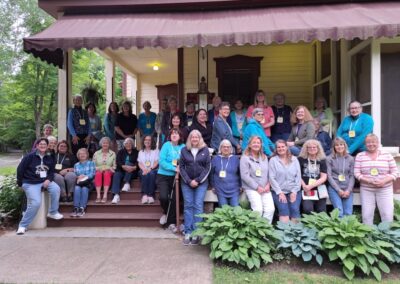Here’s the Life Lines column I wrote 15 years ago, in the days following 9/11. So much has changed since that time. Our world has changed. My family has changed. And yet, for me, this column still resonates with things that feel very much in tune with our world right now. Here’s wishing all of you, all of us a future of peace — peace in our hearts, peace in our homes, peace on our planet.
By Mary DeTurris Poust
Noah plopped down on the floor next to me the other day and asked me to read one of his favorite books, “There’s an Alligator Under My Bed,” by Mercer Mayer. As we turned the pages and followed the little boy on his quest to capture the elusive alligator that kept him up at night, I had an eerie feeling that the story was an allegory for what I’d been feeling since that terrible morning a few days before.
The night after the World Trade Center attack, I lay awake in my bed staring at the ceiling, filled with a sense of dread that I could not quite put my finger on. I was scared, but not by the images of horror that had flashed before my eyes for hours that day. Instead my fears seemed frivolous, not at all unlike the little boy’s alligator: Had I left the dryer on in the basement? Was the window over the kitchen sink still open? Were the kids’ pajamas warm enough? I felt a childlike fear of the dark, of things no one else can see, things we parents usually try to hush with a goodnight kiss and a night-light.
When morning finally arrived, I realized that my sleeplessness wasn’t really about what might go wrong within my four walls. It was about what had gone wrong in our world. Long after I had wiped away the tears of sadness that fell as I watched the World Trade Center collapse over and over again on television’s seemingly endless loop of horror, I fought back tears of a different kind — as I rocked Olivia to sleep for her nap, as I kissed Noah good-bye at preschool, as I hugged my husband, Dennis, at the end of a long day. Those were tears borne of fear, tears for tomorrow, tears for a world we don’t yet know. And I didn’t like how they felt.
Despite the fact that I have spent almost two years writing a book on how to help children deal with grief, the events of the past weeks left me in the unusual position of struggling for words. On the day of the attack, when Noah, asked if “bad people” might knock down our house, I reassured him that they would not. When he made a logical leap – at least for a 4-year-old – and worried that they might knock down his grandmother’s apartment building in New York City, I told him he was safe, that no one was going to hurt him or the people he loved. All the while I found myself wondering if I was telling him a lie.
But that kind of thinking leads to hopelessness, and when we lose hope, we leave a void just waiting to be filled by fear and despair and alligators of every kind. Through stories on television and in newspapers, I had seen unbelievable hopefulness in the face of utter destruction. How could I not believe in the power of the human spirit and the ultimate goodness of humanity and a better world for our children?
That night, as a soft rain fell, our house seemed wrapped in a comforting quiet that was interrupted only by the reassuring hum of the dishwasher. With Noah and Olivia asleep in their rooms, I lay down and looked up. For the first time in days I didn’t notice the enveloping darkness but saw instead the tiny glowing stars that dot our bedroom ceiling, a “gift” left behind by the previous owners. As I finally closed my eyes to sleep, I whispered a prayer of hope, a prayer for a world where the only thing our children have to fear are the imaginary monsters hiding under their beds.
Copyright 2001, Mary DeTurris Poust








